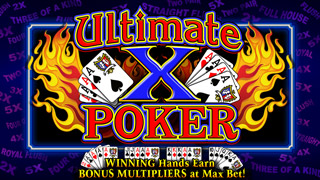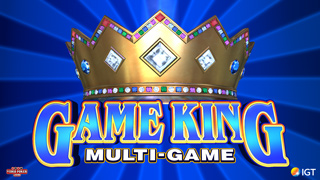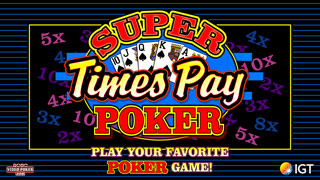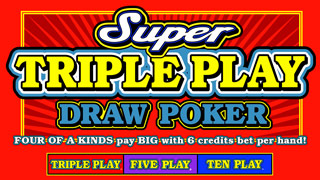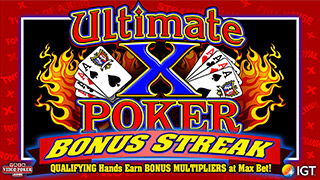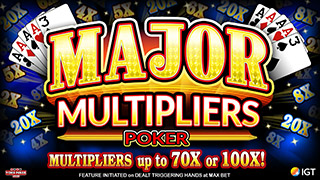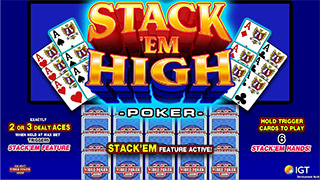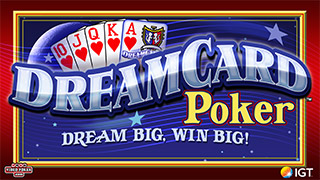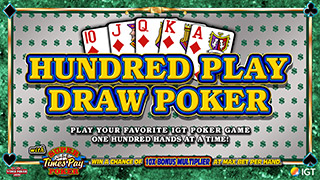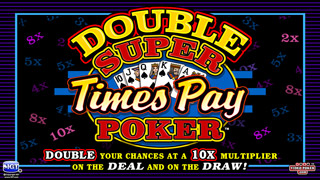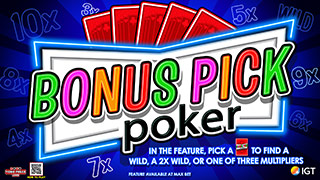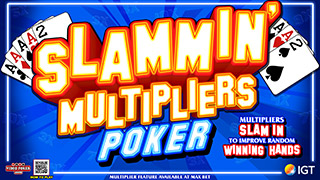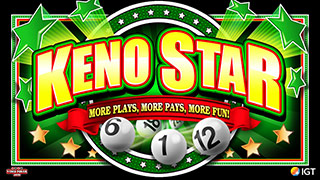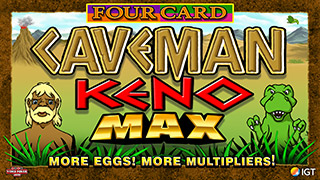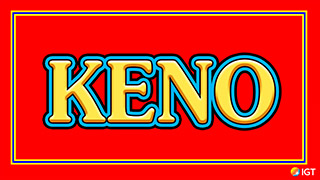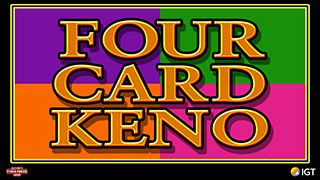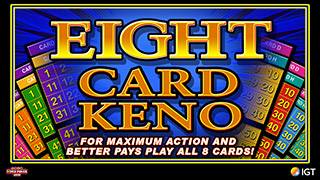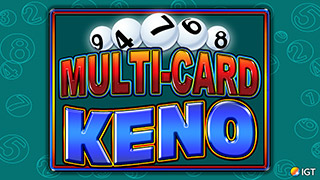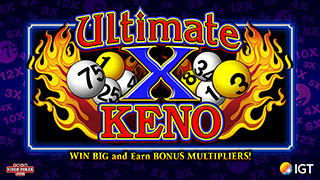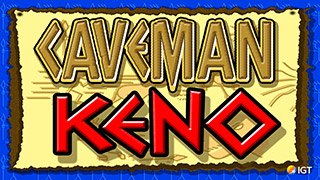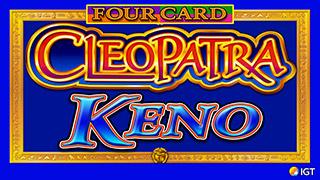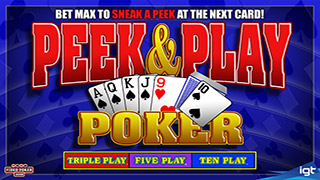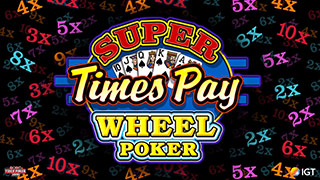Can this strategy win?
-
New2vp
- Video Poker Master
- Posts: 1881
- Joined: Mon Sep 11, 2006 4:02 am
Re: Can this strategy win?
With perfect play one should hit the 4-kind about every 423 hands on the average. What if you start at $1 for the first 150 hands, then up to $2 for the next 150 hands, and so on until you hit 4-kind. Then, of course, start over. This assumes $5 dollar max-bet. Wouldn't this "discount" the lower wager hands when you hit on something elevated. Making your winnning bets, on average, higher than your losing bets. A lot of smart people think that this type of strategy should work; and a lot of smart people (and not-so-smart as well) know the rule that progressive betting on a game with negative expectation and results that are independent of one another will not work. None of these people really have to go through the math to form their opinions. The first half think that it intuitively works, but it doesn't when your intuitions are sufficiently informed; and the second half is willing to take it on faith that it won't work because other smart people have worked out proofs that it cannot work indefinitely.It may surprise you to know that with your setup here that over half your hands and therefore over half your quads will be hit on the $1 or $2 wagers. In round percents, with the situation you described, 30% of your hands and hits will be at $1, 21% of your hands and hits will be at $2, and 49% will be at $5. So, your conclusion that the quads will more often hit at $5 is actually unfounded.However, as others before me have said this cannot be a winning strategy although it may be more fun; plus, these percentages really have no influence on whether this will be a winning strategy.The answer is that this will be a winning strategy on some sessions and a losing strategy on others. On average, using this strategy will tend to yield an average of 99.54% of coin in, the same proportion if you choose not to vary the size of your bet.Of course, the quads when hit at $5 are worth 5 times the quads at $1, but it is also true that the garbage results (non-winner hands) at $5 cost you 5 times as much as garbage results at $1.Let's try this a different approach here (to better educate your intuition) and assume that you are really on to something, that the wins at $5 will more than wipe out the losses at $1 and $2. It shouldn't take someone too long to figure out that if you have wins at $5 and losses at the other denominations, then you should only play $5 and avoid the lower-level losses at $1 and $2 altogether. But here we realize that if we play at a single denomination like $5, we are subject to the same strategy and same sub-100% expectation, so we can't really expect to make money at Jacks 9/6 at $5. When you reach a contradiction such as this from implementing an initial assumption, you can conclude that your initial assumption must have been faulty.Good luck with your play. You will win sometimes, but don't expect to break the bank...or experience consistent winnings session after session or year after year.



